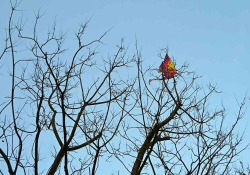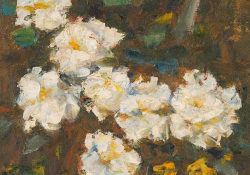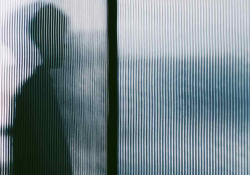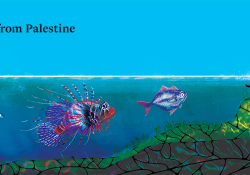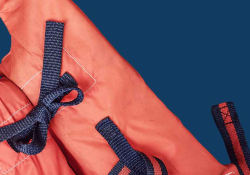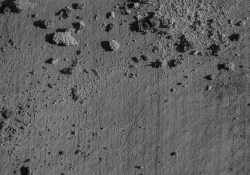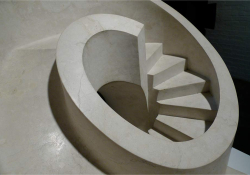Plan B
We’re trundling down Via Balbi
past palaces of glory and endless virtue.
We’re fecund with children, we’re good at that
and some of us have rabbits in our pockets.
We are fluent in sundry dialects
and we’re going down to Caricamento
to board a steamer for America.
The crossing will not be comfortable.
We’ll be sleeping cheek by jowl, cheek to cheek
the air so foetid.
When we arrive at Ellis Island
some of us will be examined for lunacy.
How many legs does a dog have?
Who is the President of the United States?
The Blessing of the Octopus at Lerici
Ever since an octopus raised itself
above the water and threw its tentacles
around the church bell and heaved it
this way and that way in order to tell us
that corsairs were coming to plunder
we have continued to bless the octopus.
That hasn’t stopped us from eating it.
After all eating is a kind of blessing
and the priest who hasn’t quite managed
to get the sand out of his shoes and
who comes from good peasant stock
throws on a green-braided jacket
and treks down to the gathered boats.
In truth he’d rather be tucking into
a plate of clams or a magnificent chop
than fooling around with an octopus
but he’s got his psalter and he’s learnt
a few lines from the poet Sbarbaro.
Water’s sprinkled and there are chants
And the octopus raises itself from
Under the sea and wraps its tentacles
around the poet-priest and pulls him
down to the weeds where psalters slip
and jackets bloom. There’s a sunlight
on the surface of the water: the priest
is cuttlefish and the priest is bone.
Italia Nuda e Formicolante
I woke to find Pasolini stretched out on the bed:
his body glittering with light from the baracce.
When he said Italy was naked and swarming
he was taking a jewel out of the shit and they killed him.
2011

